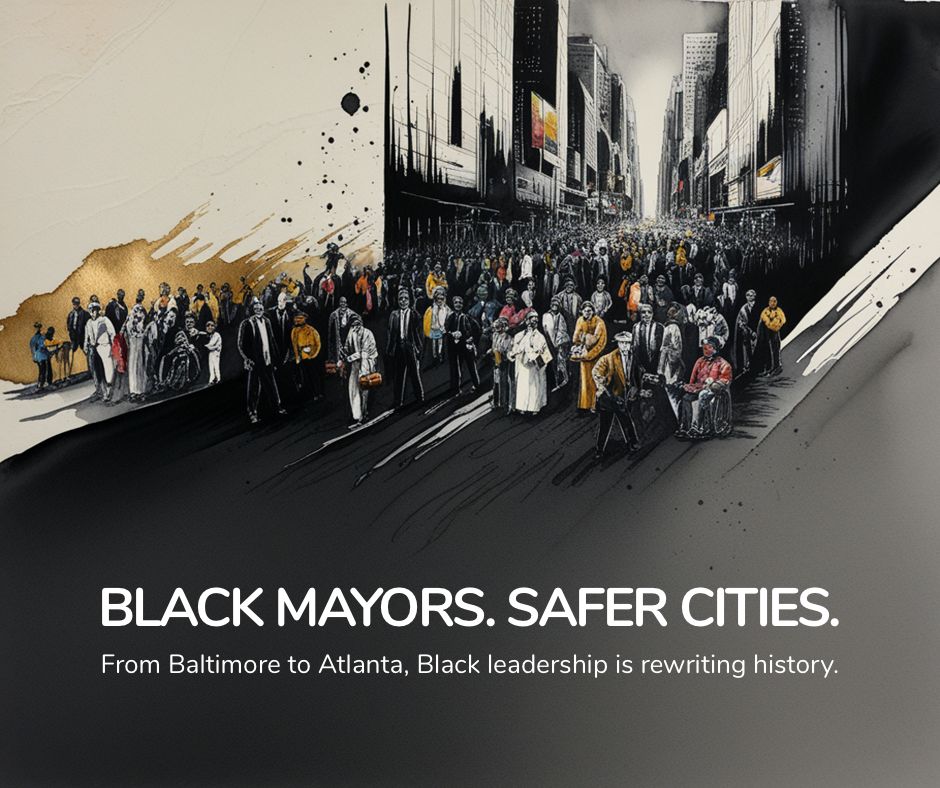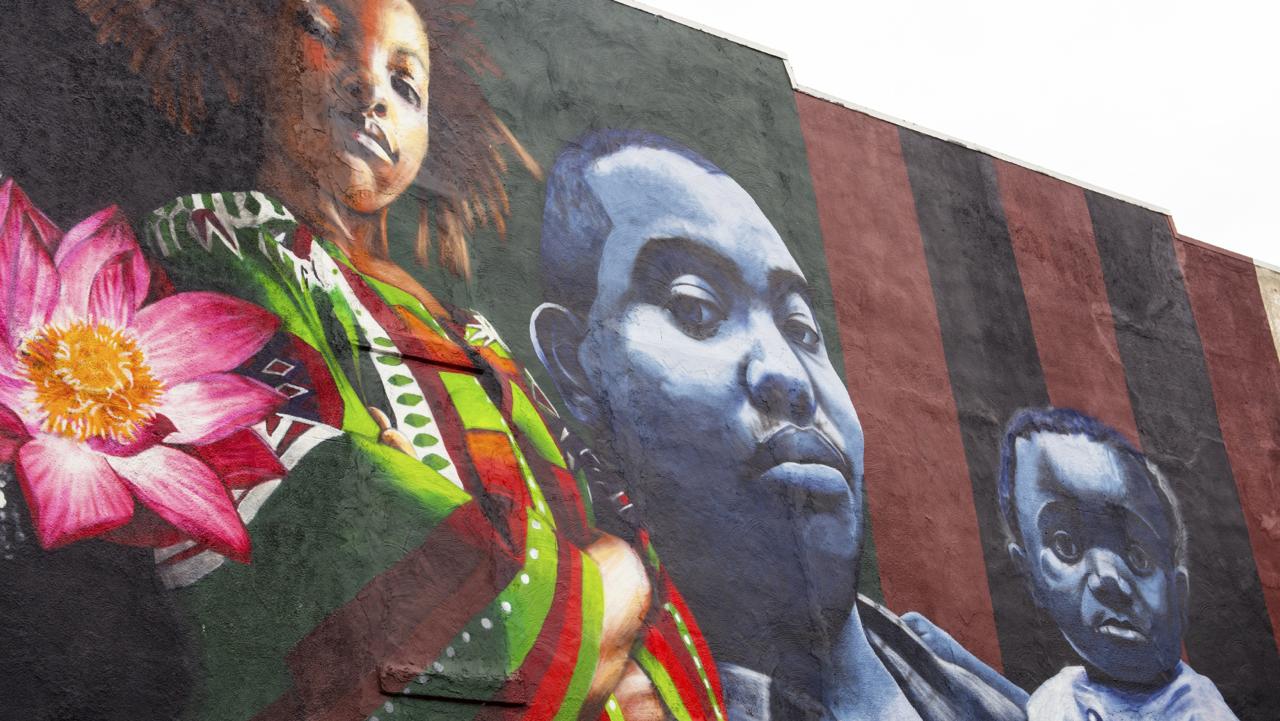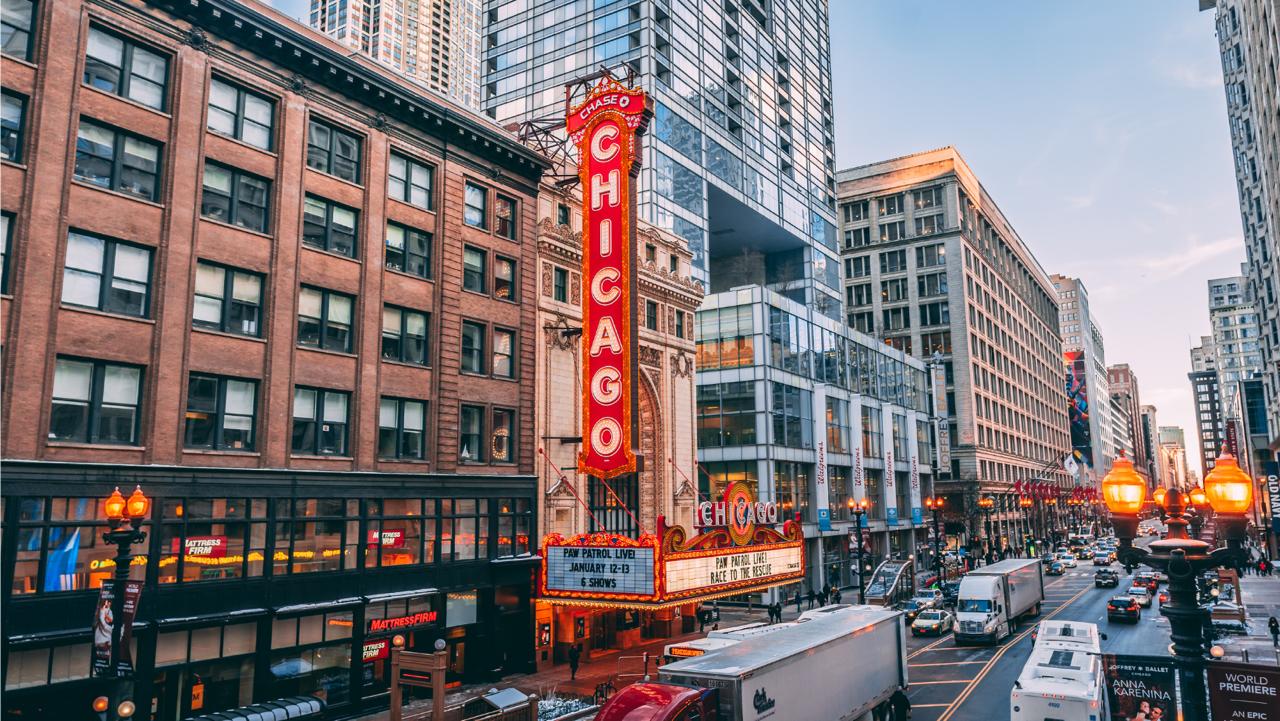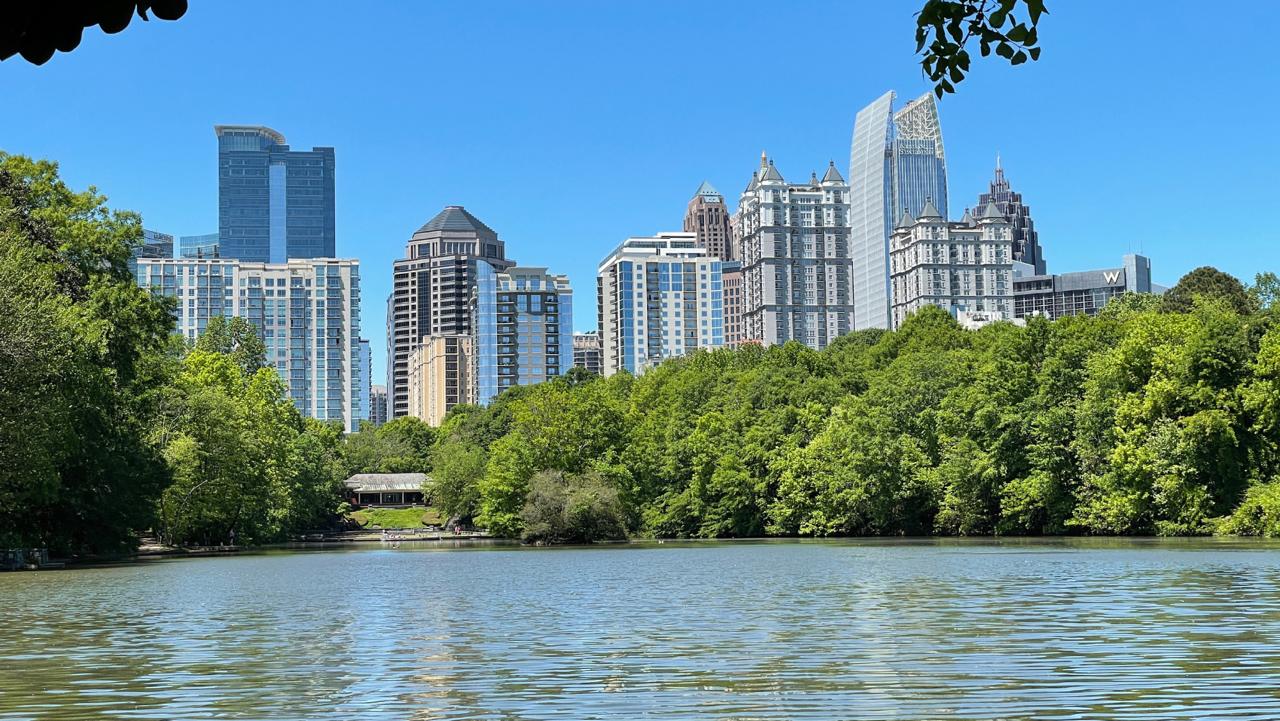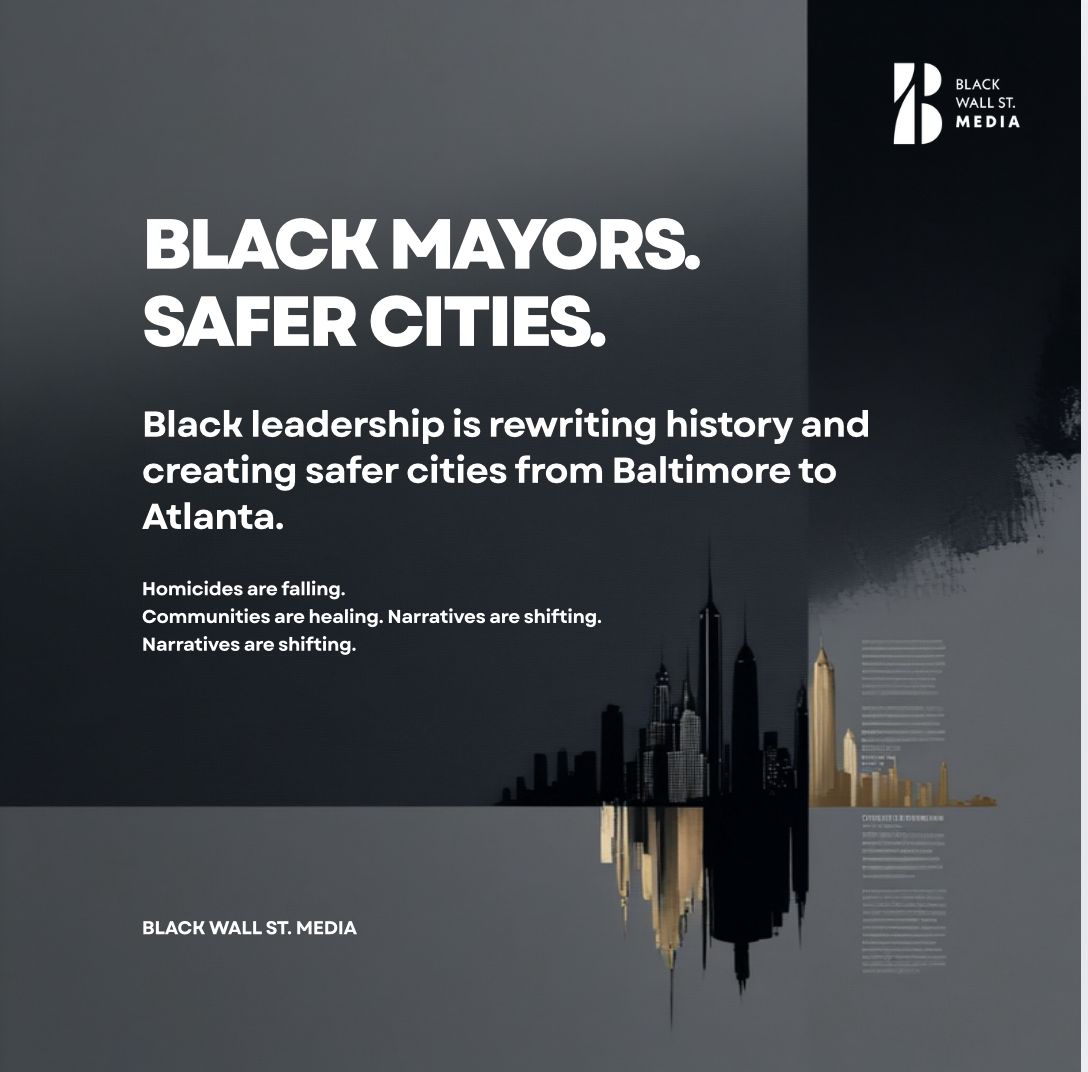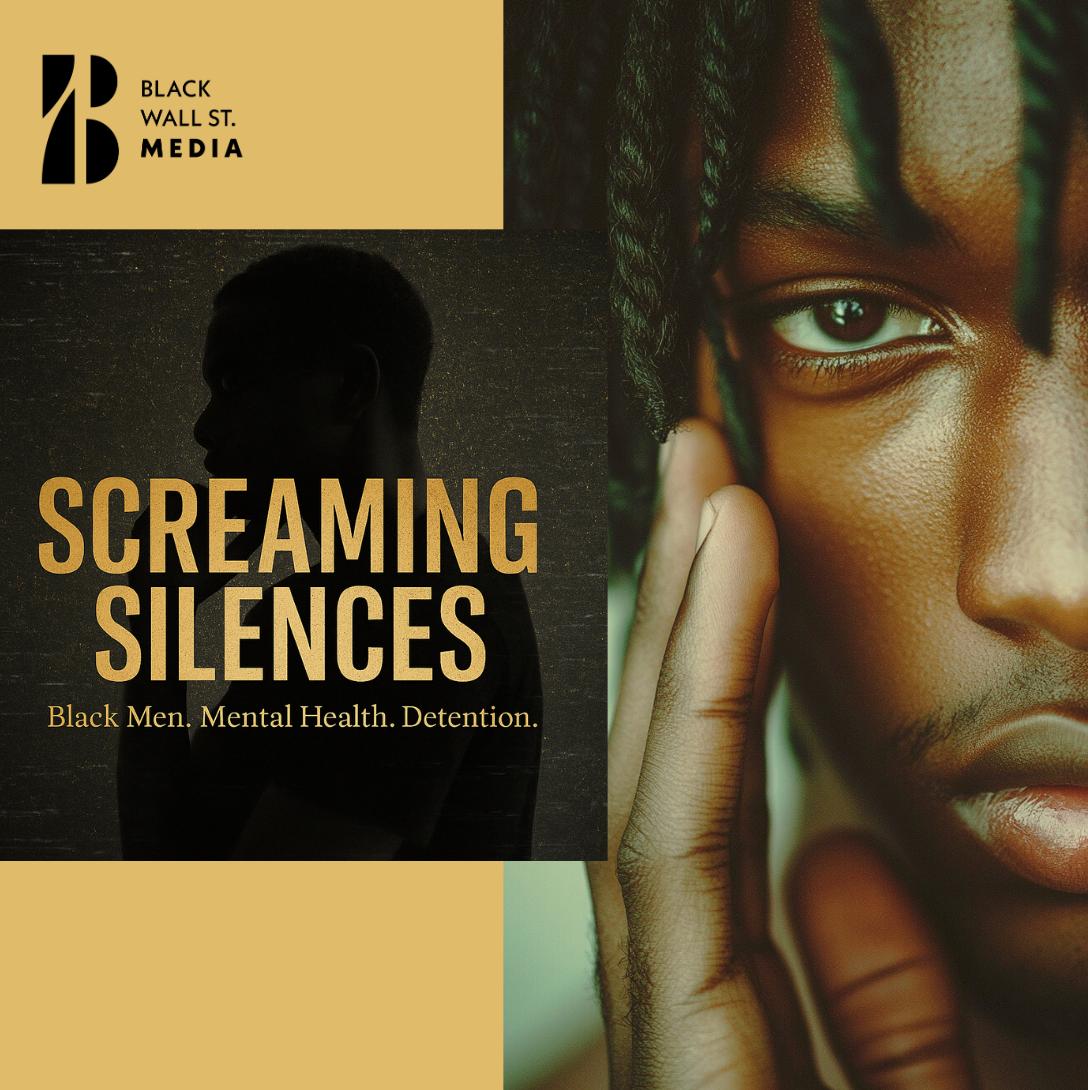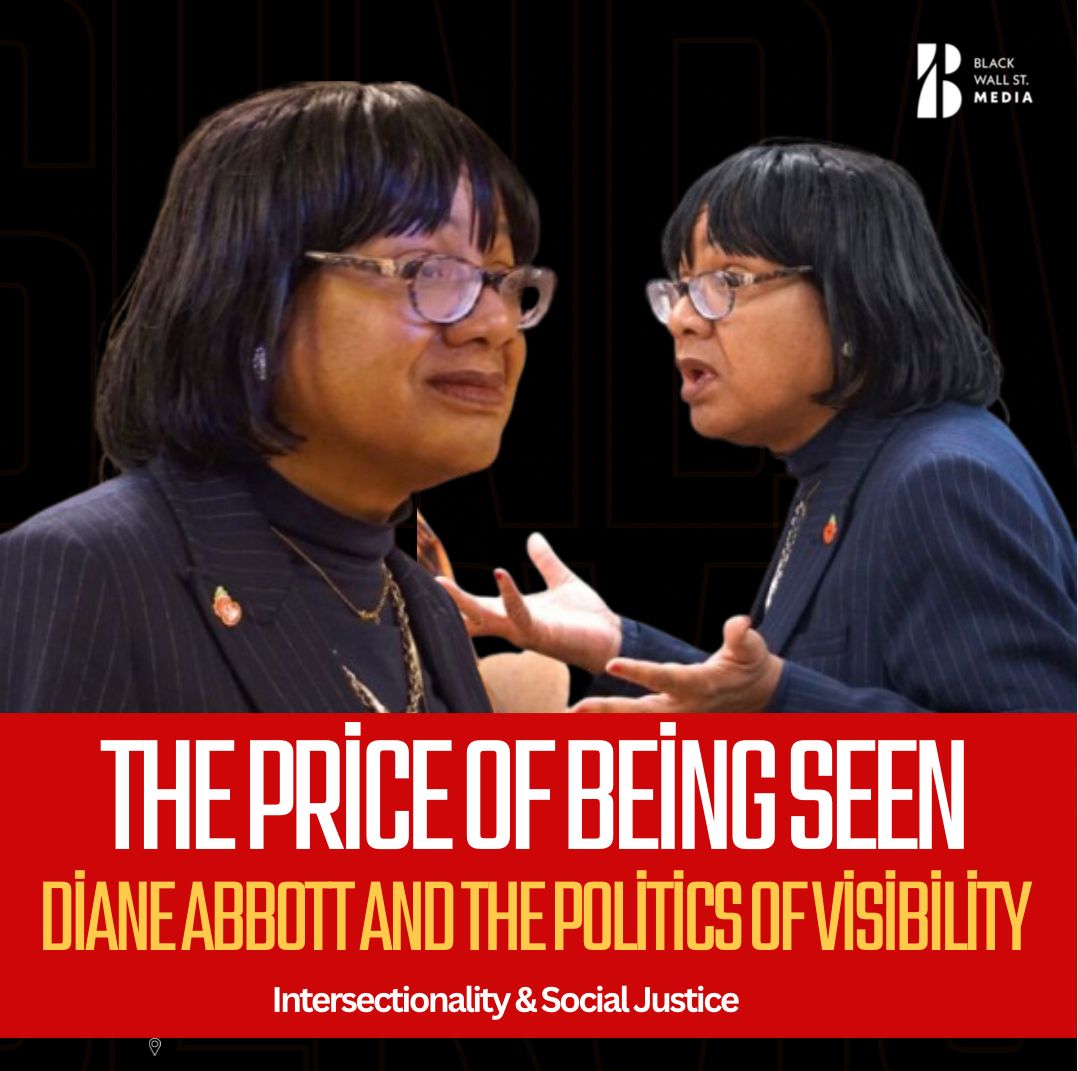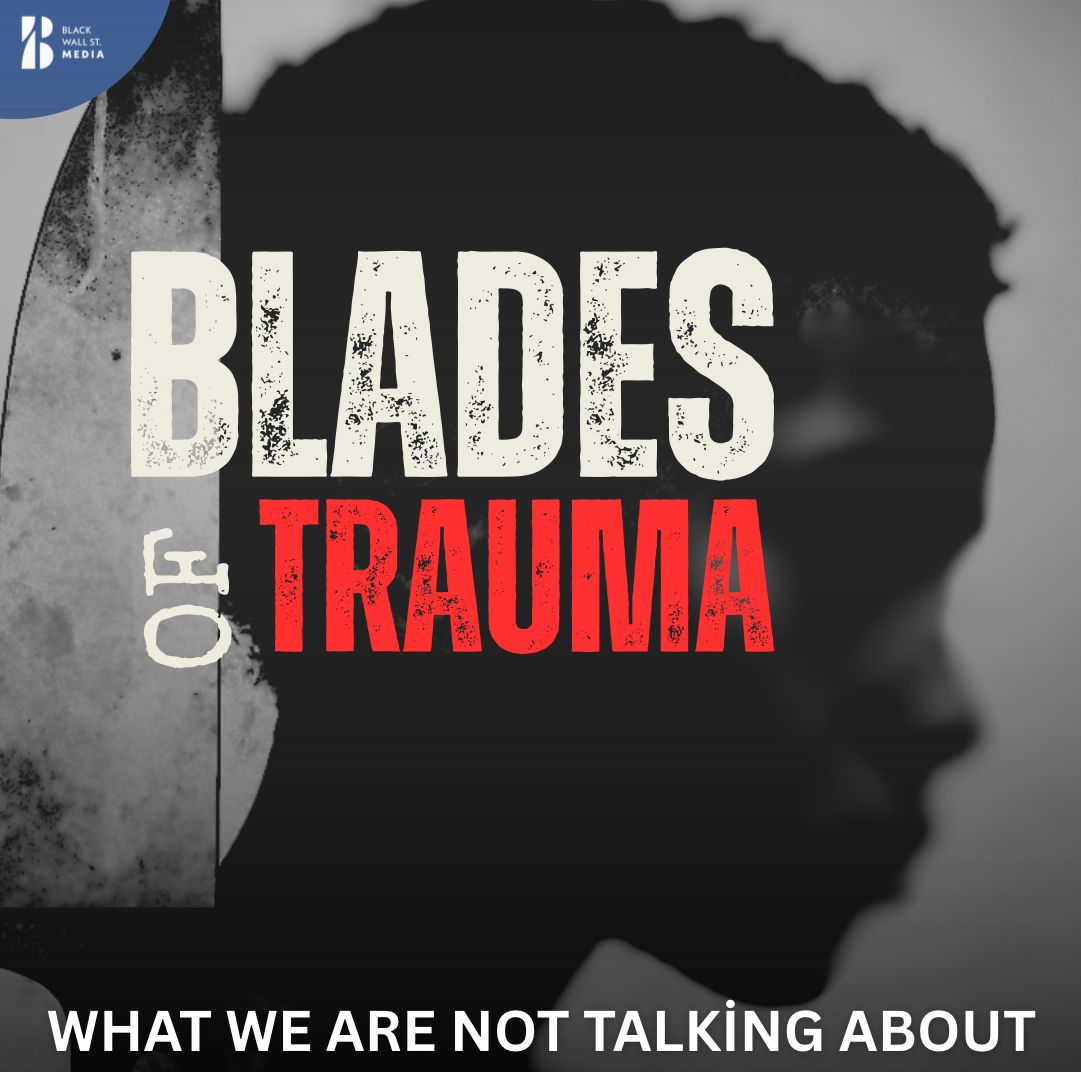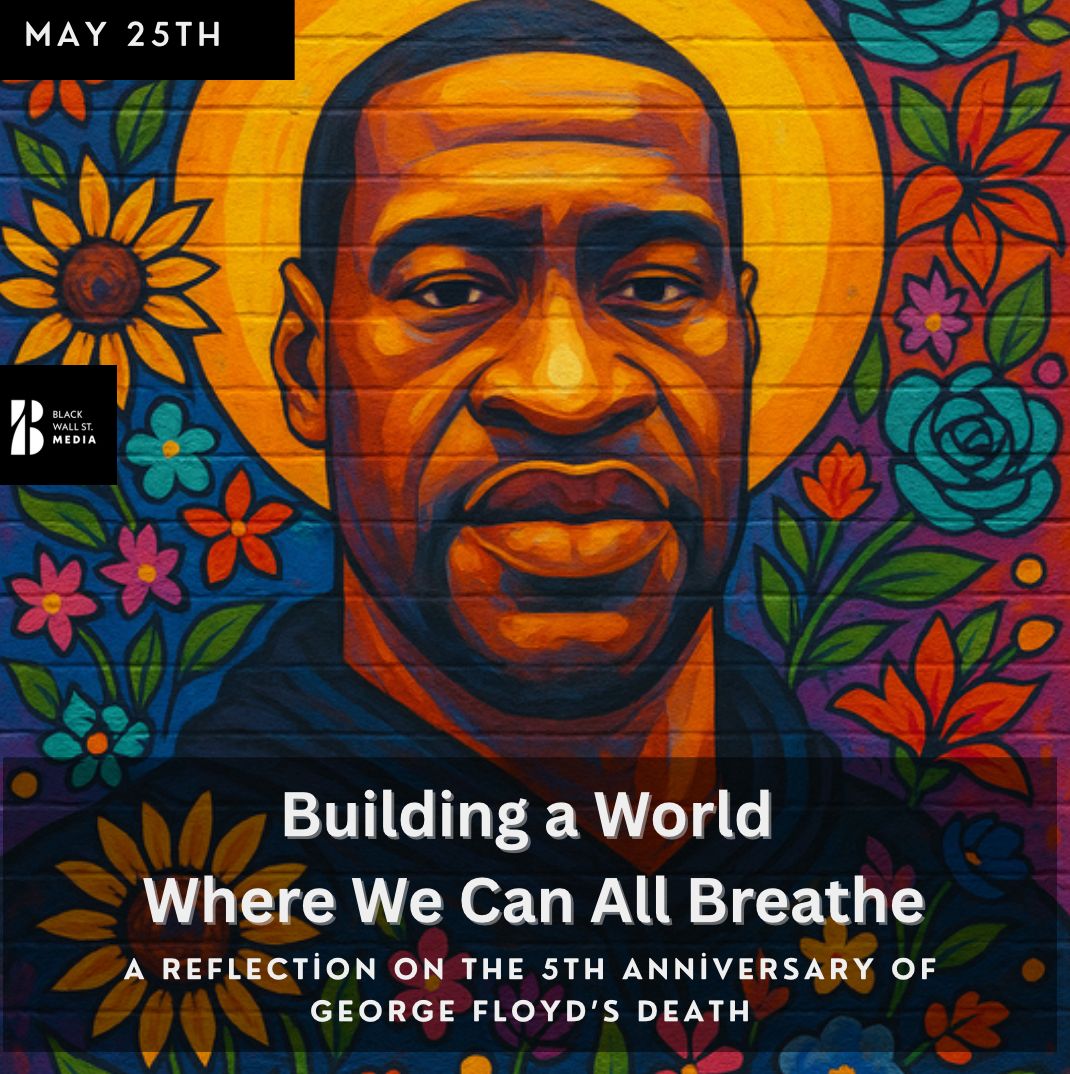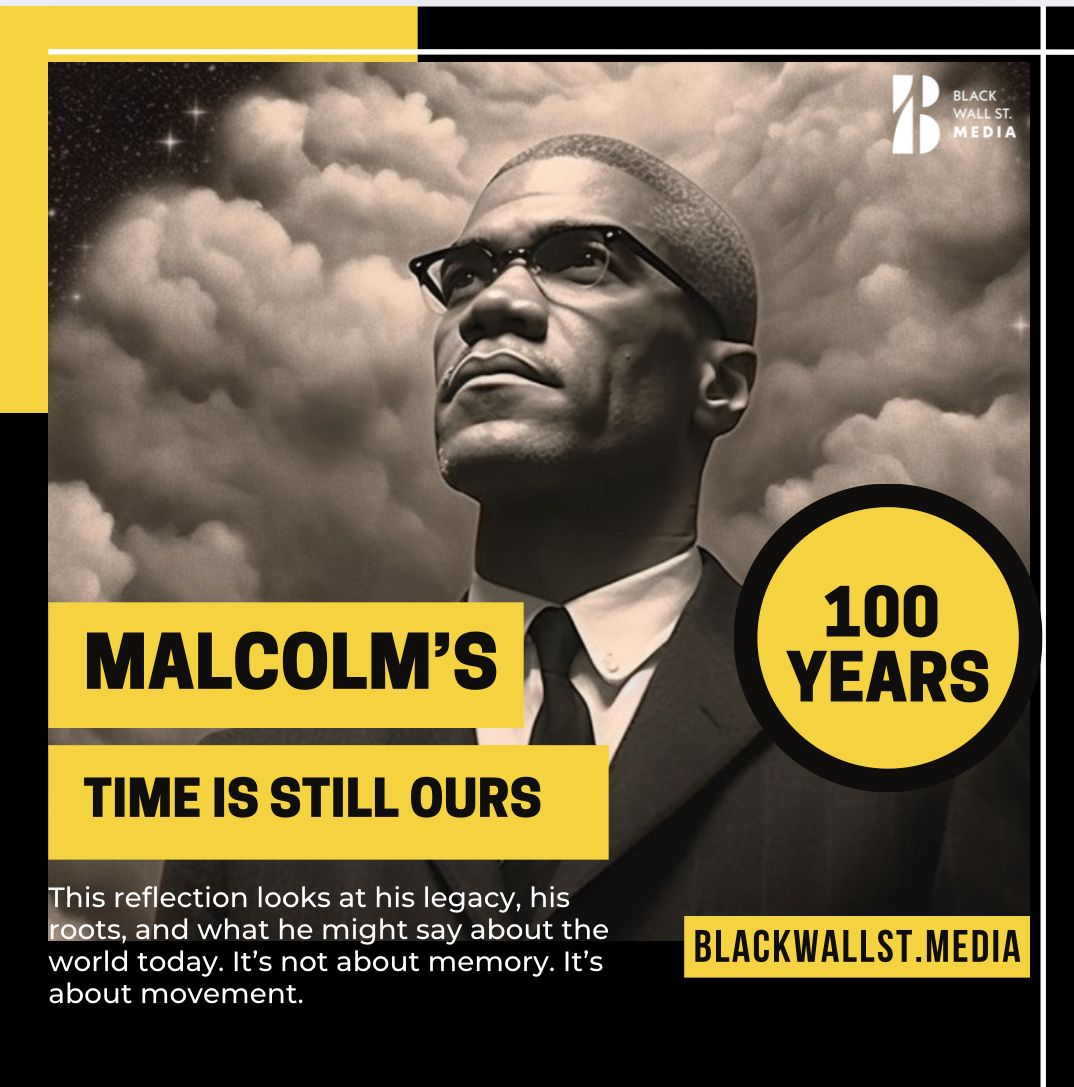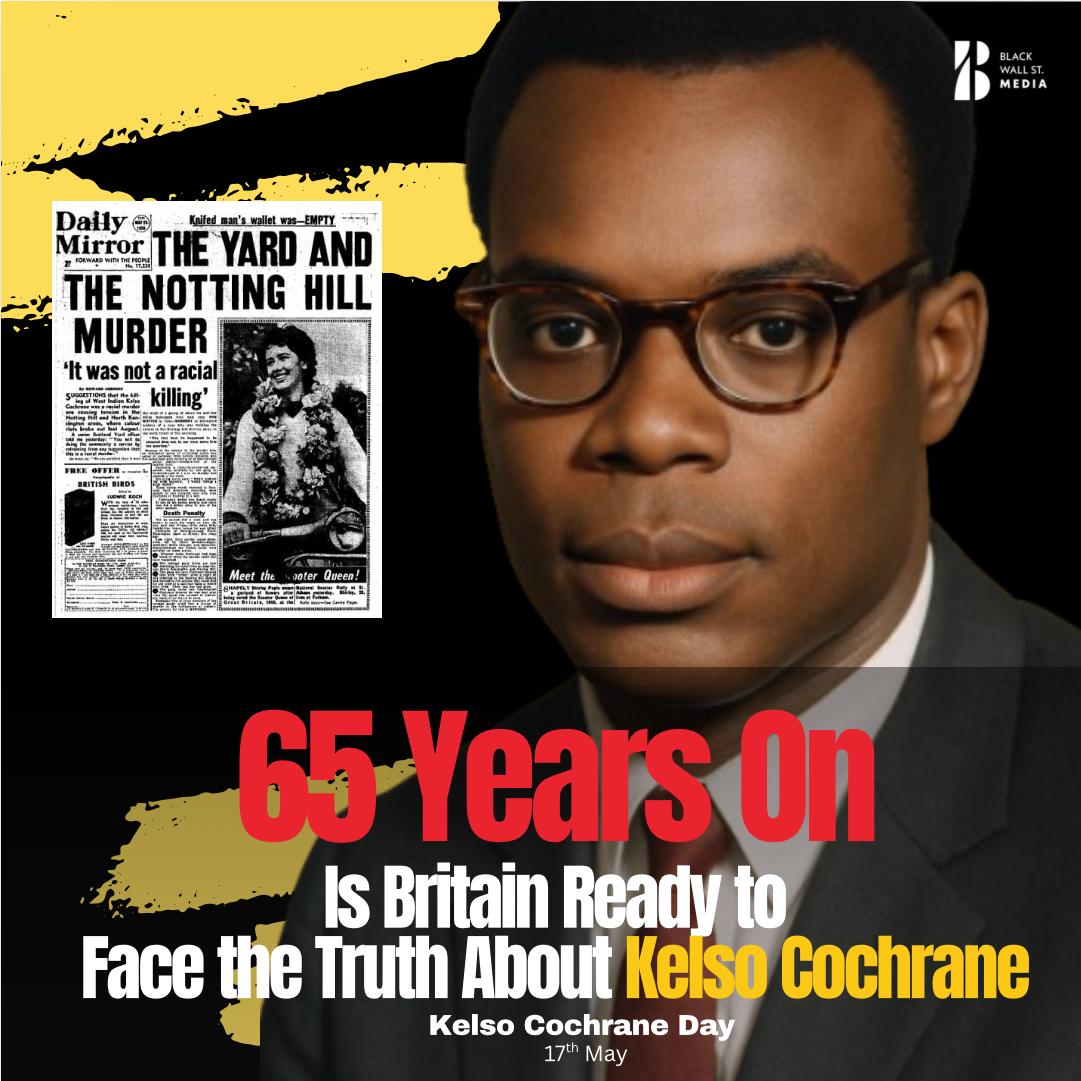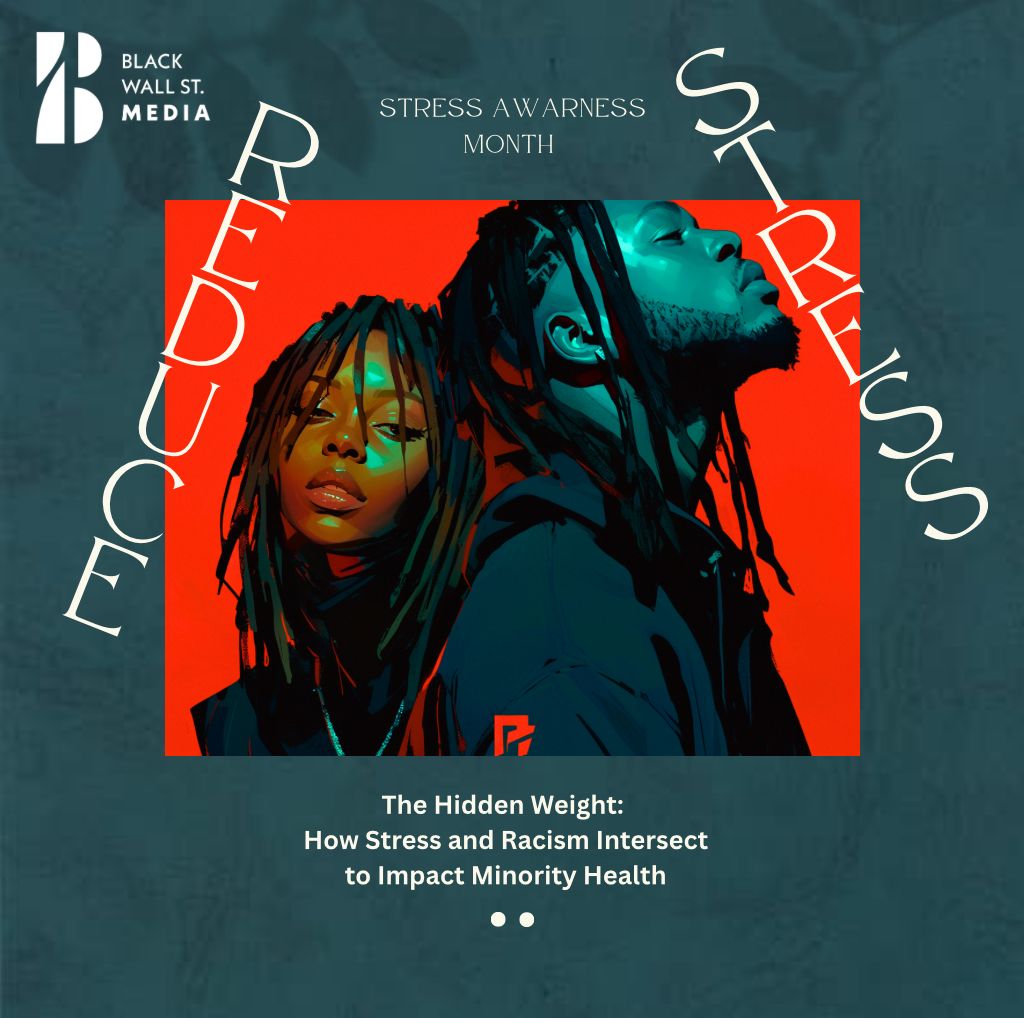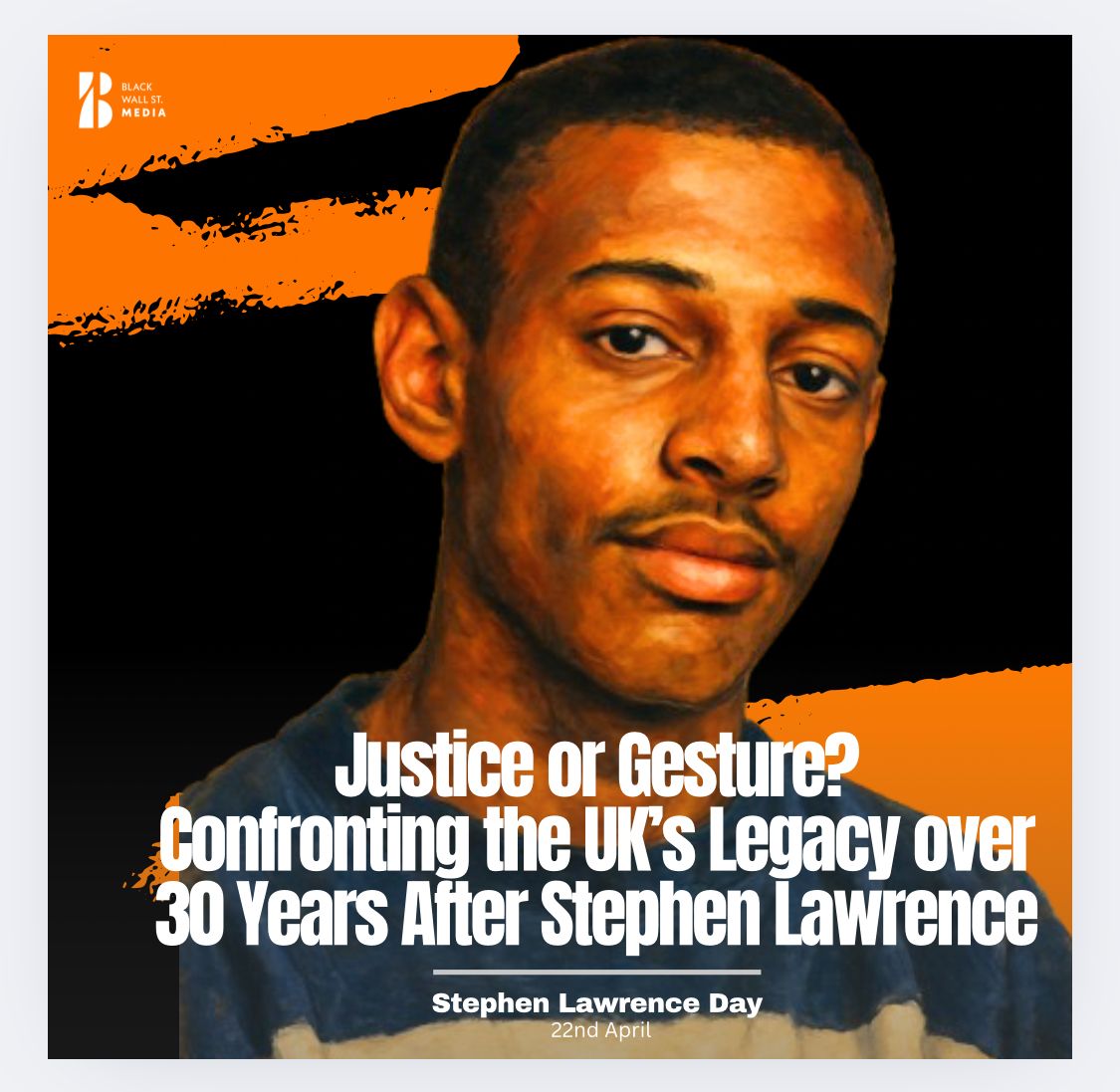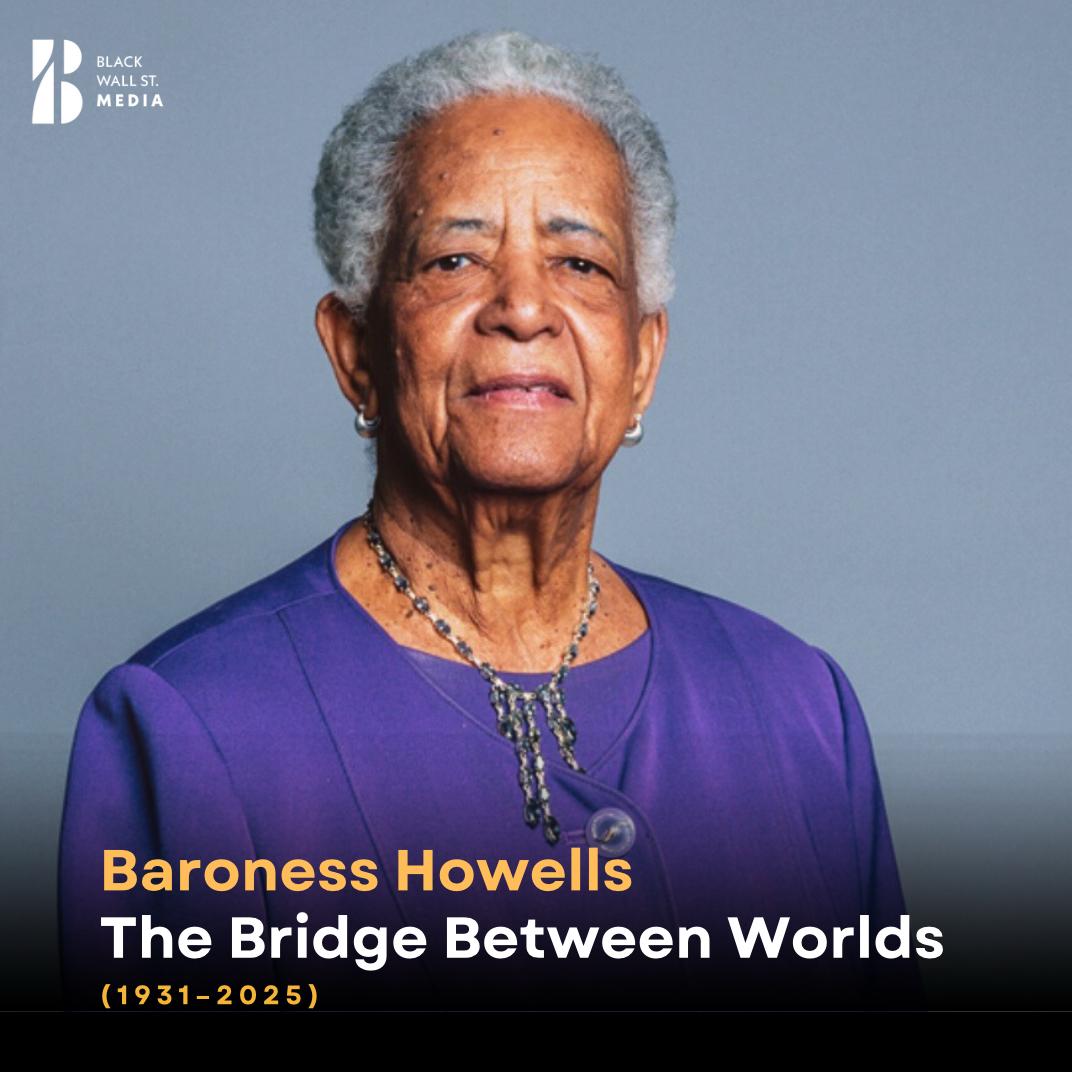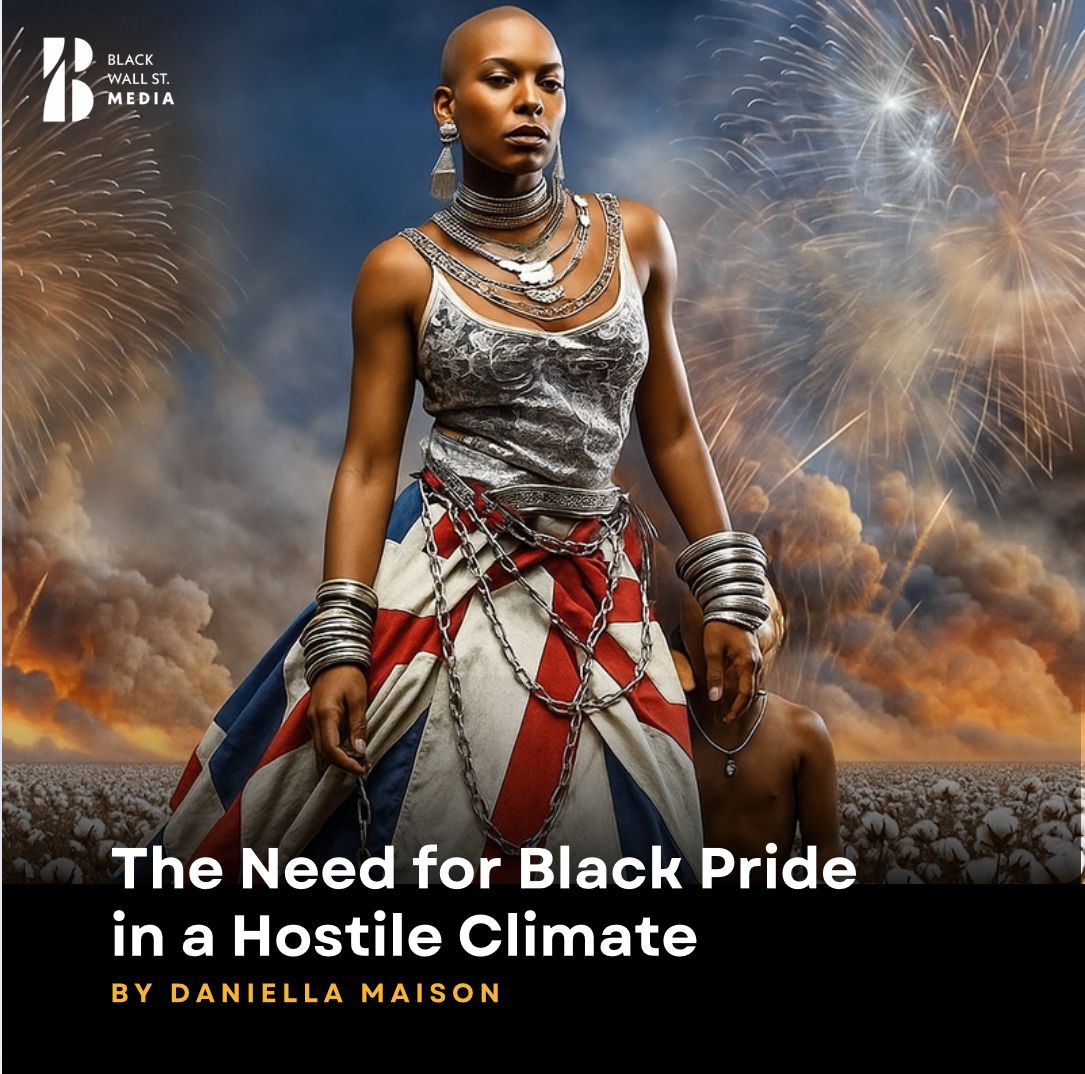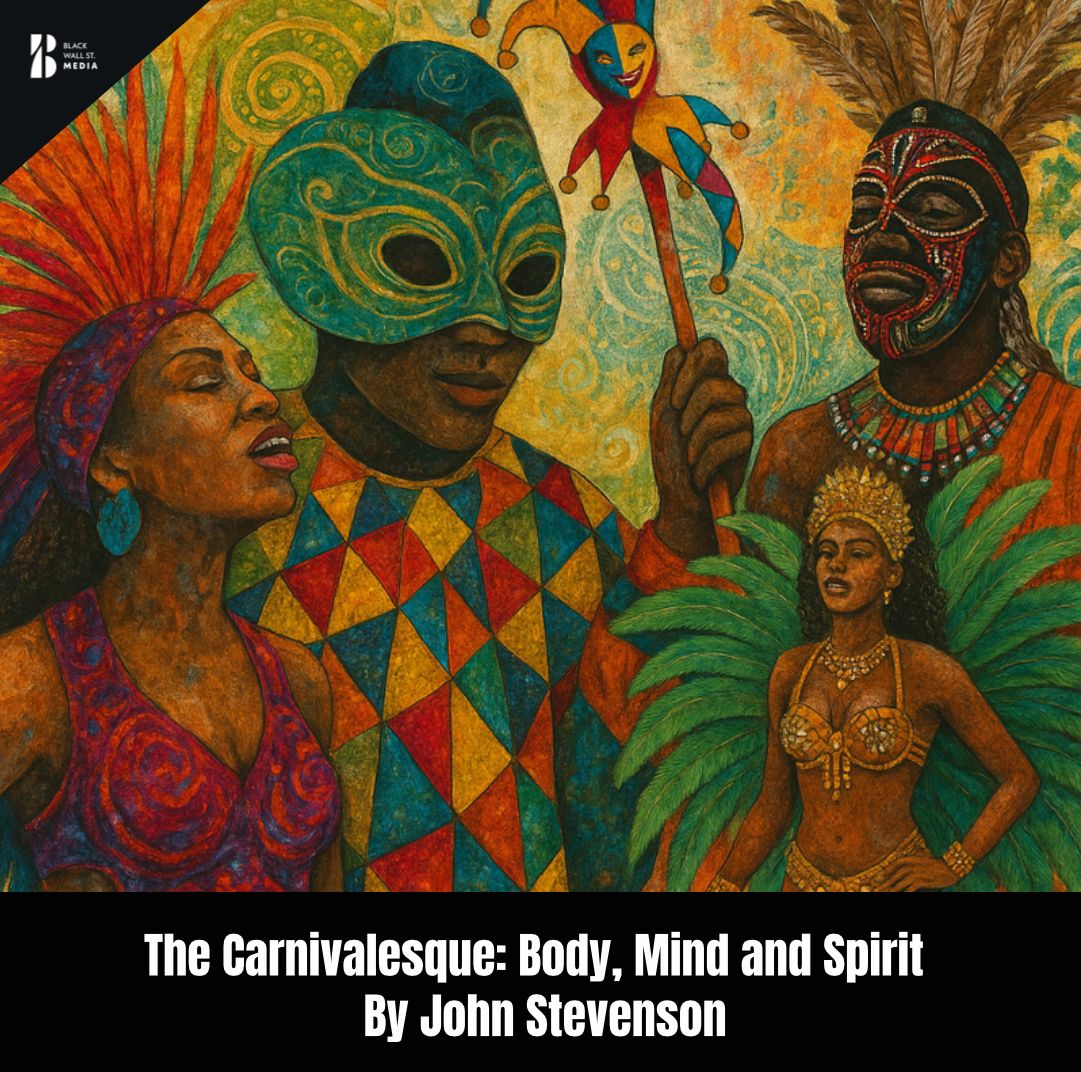Politics & Leadership / Social Justice / Public Safety.
Black Mayors Are Quietly Rewriting America’s Crime Story
“They said our cities could not be saved.
BWSMCONTRIBUTOR
They said our leaders could not lead.
Yet in Baltimore, Chicago, Birmingham, LA, and Atlanta, Black mayors are proving them wrong. Homicides are falling. Communities are healing. Narratives are shifting.
This is not luck. This is leadership. This is what happens when power reflects the people.
Read the full story on Black Wall St. Media”
Black Mayors Are Quietly Rewriting America’s Crime Story
For decades, the narrative around crime in America’s largest cities has been hijacked by stereotypes, political point-scoring, and headlines that reduce entire communities to chaos.
But away from the noise, a quiet revolution is taking place. Across Baltimore, Chicago, Birmingham, Los Angeles, and Atlanta, Black mayors are not just managing crime—they’re reducing it at levels their cities haven’t seen in generations.
Baltimore: A City Reborn
In Baltimore, once the nation’s symbol of violent crime, Mayor Brandon Scott has overseen the lowest homicide rate in over 50 years. Homicides are down by nearly a quarter, nonfatal shootings have dropped by 20%, and April 2025 recorded the fewest monthly homicides in the city’s history.
This isn’t coincidence. Scott’s Comprehensive Violence Prevention Plan treats violence as a public health crisis, blending enforcement with community-driven solutions. The results are undeniable: Baltimore is safer than it has been in half a century.
Chicago: A New Chapter
Chicago, long branded “America’s murder capital,” is rewriting its story under Mayor Brandon Johnson.
The city has experienced a 22–33% drop in homicides and shootings have plummeted by as much as 40%. These are not just statistics; they represent hundreds of lives spared, families intact, and communities given a chance to heal.
Birmingham: Leadership with Results
In Birmingham, Alabama, Mayor Randall Woodfin has achieved a 46–52% reduction in homicides, with police solving more cases than ever before. In a city once struggling under the weight of violent crime, Woodfin’s administration shows what’s possible when leadership is rooted in accountability and the community’s trust.
Los Angeles: From Chaos to Control
On the West Coast, Mayor Karen Bass has seen homicides fall 14% in a single year, with gang-related killings cut nearly in half in targeted areas. For Los Angeles—a sprawling city of immense complexity—this represents a shift that even skeptics didn’t think possible.
Atlanta: The Heartbeat of Change
In Atlanta, Mayor Andre Dickens has delivered a 27% drop in homicides and a 19% decrease in shootings compared to last year. His administration has tackled crime while also investing in opportunities for young people, proving that real safety is built not just on policing, but on hope.
A Movement, Not a Moment
What links these mayors isn’t just their identity—it’s their refusal to accept the old narrative. Each has implemented policies that combine data, prevention, enforcement, and community partnership.
Together, they represent a movement: Black leadership proving that safety and justice can co-exist.
Yet, these victories rarely make national headlines. Too often, cities led by Black mayors are painted as “lawless” or “out of control,” even when the data tells a different story.
The truth is clear: Black mayors are driving historic declines in crime, reshaping the conversation, and showing the nation what inclusive, accountable leadership looks like.
The story of crime in America cannot be told without telling this story. It’s not just about fewer homicides; it’s about dismantling decades of negative stereotypes, about showing what’s possible when leadership reflects the communities it serves, and about reclaiming power over the narratives that define our cities.

